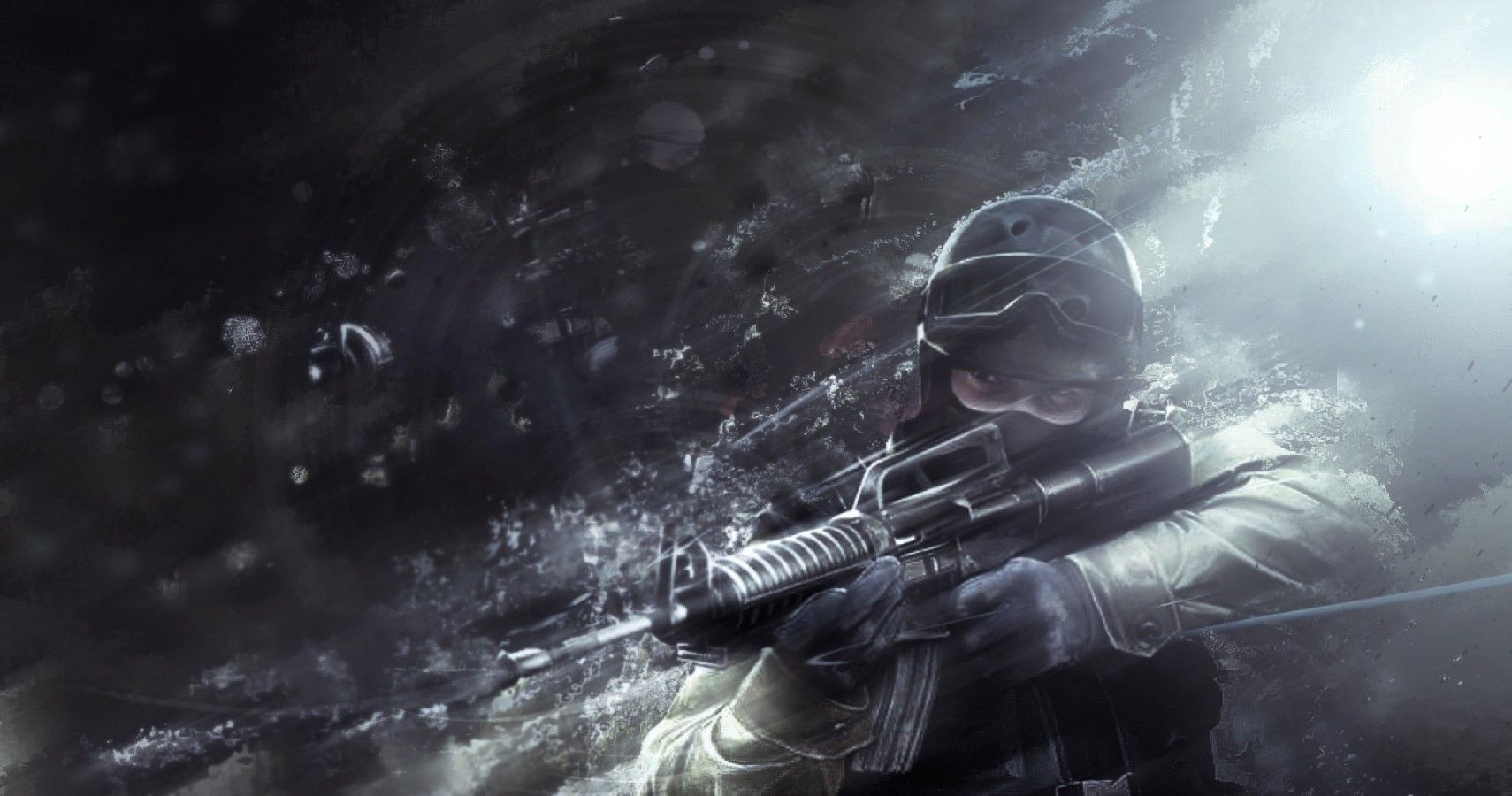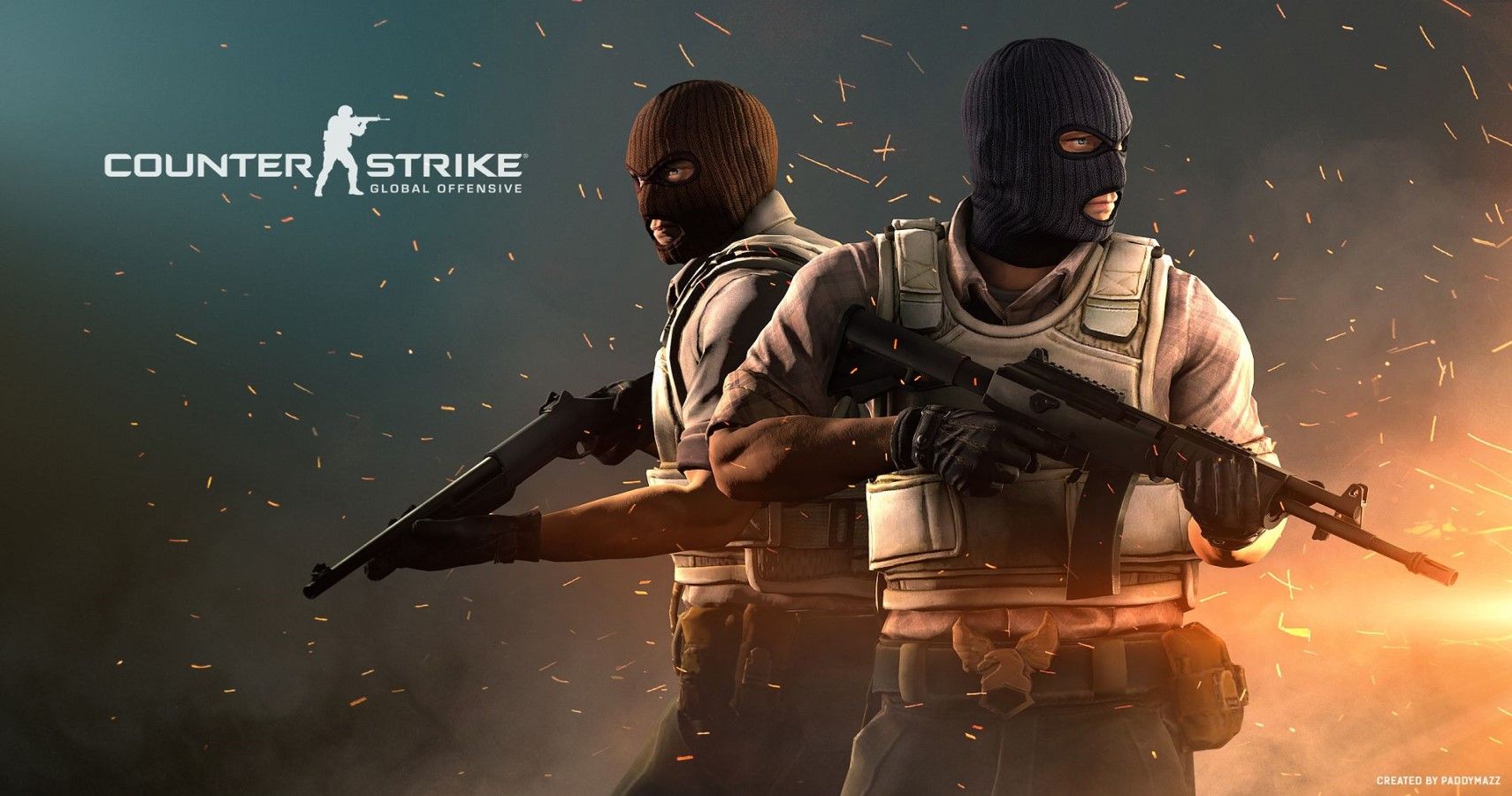After being around almost eighteen years, it's time we talk about just what has helped Counter-Strike to last this long.
For most competitive shooters, a five-year lifespan is pretty good and a ten-year life span is almost unheard of. In the case of Counter-Strike, a game that has only changed slightly since its first installment, those two milestones seem like a distant memory. What's more impressive is the fact that even with an eight-year window between the release of Counter-Strike Source and Counter-Strike Global Offensive, the popularity of the game only seemed to wane slightly.
While the professional scene surrounding CS Source was strong, it would pale in comparison to what would happen after the release of CS GO. This was due in large part to the fact that it released right around the time that esports were making a resurgence, and companies like Intel were once again investing in the space. As the game's popularity continued to skyrocket, so too did it's prize pools, with Intel establishing the Intel Grand Slam in 2017, and with it, a one million dollar prize which would be awarded to the top team in that given year.
What is it about the game that has helped it to last this long? We'll examine a few factors that have greatly impacted its success and help to explain why it's such a beloved franchise.
Competitive CS Shows No Signs Of Ending Anytime Soon
While some may feel that CS GO is on the decline, it's hard to argue that given that more tournaments are being added each year, along with a whole host of new teams looking to make their mark. It would be easy to say that the sole reason for this is the game's demanding skill ceiling, but that's not quite all of it. Part of the reason that the competitive scene surrounding game continues to rise is due to games like Call of Duty and Battlefield failing to create their own stable competitive scenes.
It isn't that these games don't demand a level of skill, but rather that they aren't as tactically-focused as they once were, making competitions within them seem more like a regular game on any old server. CS GO thrives from a lack of competition, and will continue to do so until another game comes around that demands more mechanical abilities of its player base.
Big Investment And Video Streaming
Before ESL and Intel came along, most tournaments within CS GO were run on a shoestring budget. One glance at financial reports from any great FPS in the early years will show tournament organizers talking about the lack of financial stability in the scene. In the early days, the cost of running a venue and hiring security eclipsed any amount of money that tournament hosts would bring in. Despite making little to no money, tournament organizers would continue to host events in the hope of one day securing sponsorships that would allow them to turn a profit - something that happened very shortly after CS GO was released.
While sponsorship certainly helped venues turn a profit, it was the rise of video streaming that really helped to bring up the numbers and in turn, attract more sponsors. For example, ESL's official CS Go channel for professional tournaments and league matches has over 3 million followers, something that was unheard of during the early days of competitive gaming.
What Valve Did Right
While Valve has made its fair share of mistakes when it comes to the game, their biggest strength is listening to the community. When they make a mistake and the community makes them aware of it, they do everything they can to correct it. They take input from both professional players and the public, then come up with the best solution to improving the game by using feedback from both.
Though they have changed gun mechanics and gun sounds over the years, they've refused to eliminate the need for players to learn spray patterns in order to attract more interest. Instead, they offered the game at a low price first to attract new players, then eventually offered the game for free so that those who were on the fence would give it a try.
Though CS GO can be difficult to learn, that's part of what makes it such a joy to play. Unlike its peers, the ability for one player to defeat another is more based on their level of skill, rather than just blind luck. You appreciate other players' abilities and find yourself less likely to blame the game the more you understand how its mechanics work. It's a game that rewards players for their dedication and their willingness to learn the game's mechanics and punishes those who don't. The fact that the game has little to do with luck is part of why it will continue to grow.


